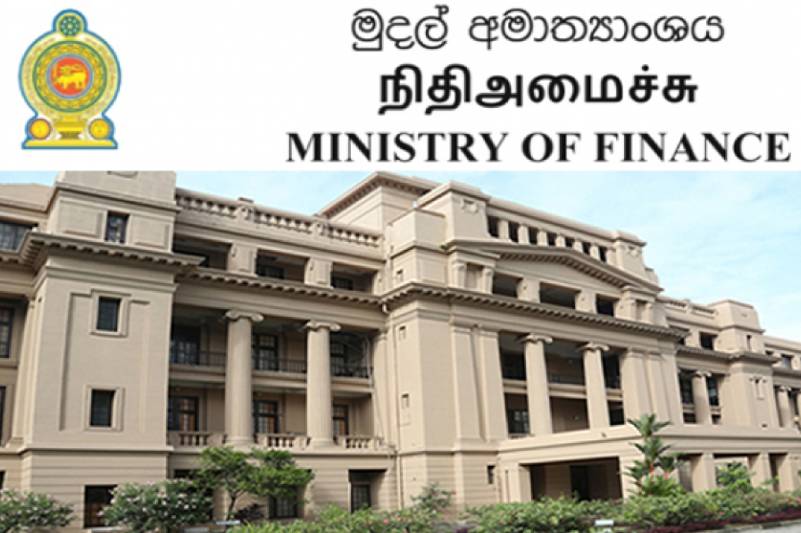In the highly disruptive phase of Sri Lanka’s economy with elections around the corner, the Finance Ministry has embarked on a prudent path in bringing down large unproductive conspicuous public expenditure, official sources said.
The large expenditure on public service salaries and pensions, big losses in public enterprises, and expenditure on subsidies and welfare are difficult and practically impossible to reduce.
But ‘Mangala-nomics’ – a term used in some Treasury circles to imply Finance Minister Mangala Samaraweera’s imprint on the economy – has chosen a path in strengthening the prudence in public expenditure by directing ministries and state institutions to restrain capital and recurrent expenditure, a senior Finance Ministry official said.
The massive expenditure of Rs.226.72 billion on public service salaries and spending on subsidies and welfare of the people is practically impossible to bring down. Therefore the reduction of state consumption requires resolving to prudent spending and proper understanding of current financial situation triggered by last December’s 52-day political impasse and the Easter terror attack, he disclosed.
In the wake of over 10 percent increase in public spending during the first four months of this year, ministries and state institutions have already been directed by the Treasury to set apart 15 per cent of capital expenditure as savings.
Issuing a national budget circular, Treasury Secretary Dr. R.H.S. Samaratunga has directed all heads of state institutions to pay their attention on minimising waste and economical use of funds when spending money for capital incentive projects.
Expenditure control is essential in obtaining services under agreements especially in respect of electricity, water, telephone, fuel and purchasing, he specifically mentioned in the circular.
All ministry secretaries, chief secretaries of provincial councils, heads of departments, corporations and statutory boards have been directed to strictly adhere to public administration circulars in paying fuel, telephone, travelling and making any payment contravening the instructions.
Prompt action should be taken to cut electricity costs by preparing a system to switch off all unnecessary lights and fans with the aim of saving 5 per cent of the electricity bill.
Provisions of the Establishment Code and relevant circulars should be followed in paying over time for the staff with immediate effect, budget circular indicated.
All State institutions have been directed to reduce the purchasing of unnecessary stocks of stationery and government funds should not be used for the printing of diaries calendars etc for the next year.
The total government expenditure was Rs. 962 billion during the first four months of 2019 recording an increase of 10.1 per cent compared to the same period of 2018, Finance Ministry data showed.
The recurrent expenditure was Rs. 756 billion and the capital expenditure was Rs. 211 million.
Total revenue declined slightly by 3.9 per cent to Rs. 598 billion in the first four months of 2019 from Rs. 623 billion in the same period of 2018.
(LI)

